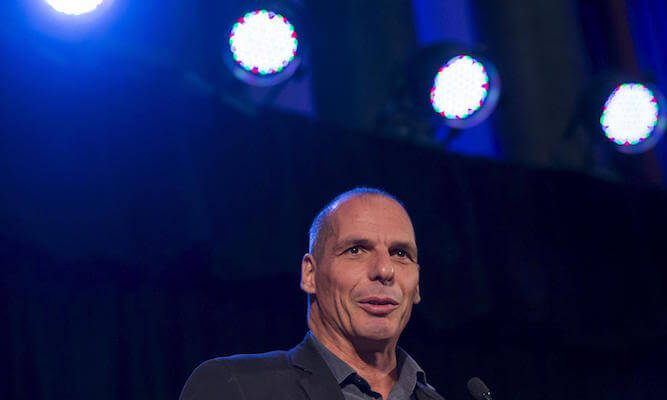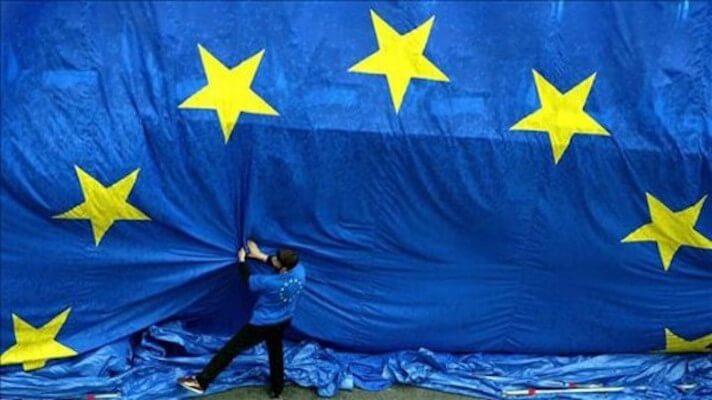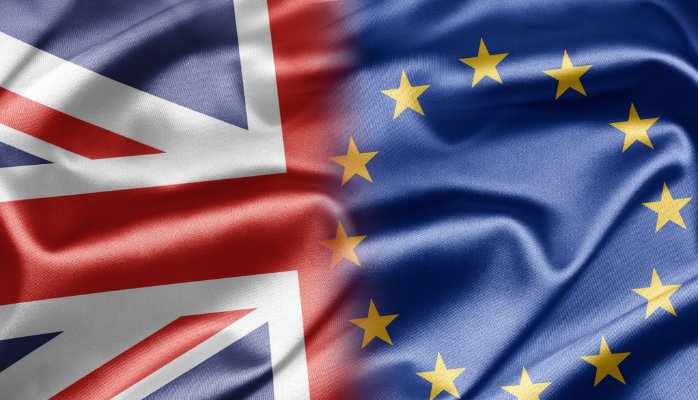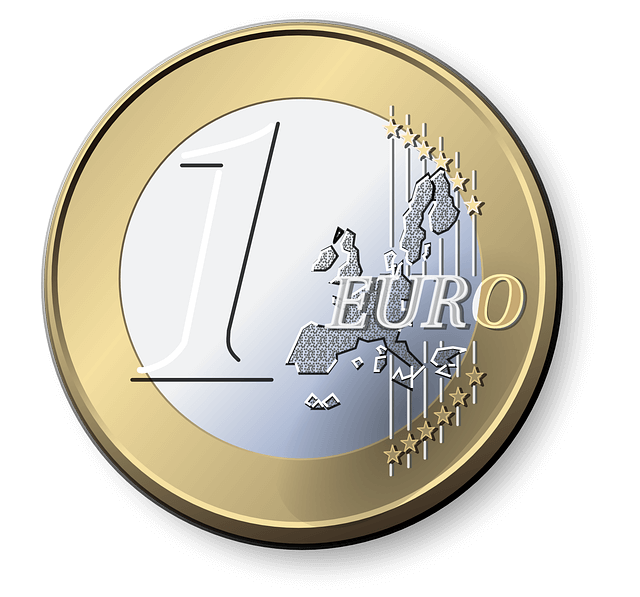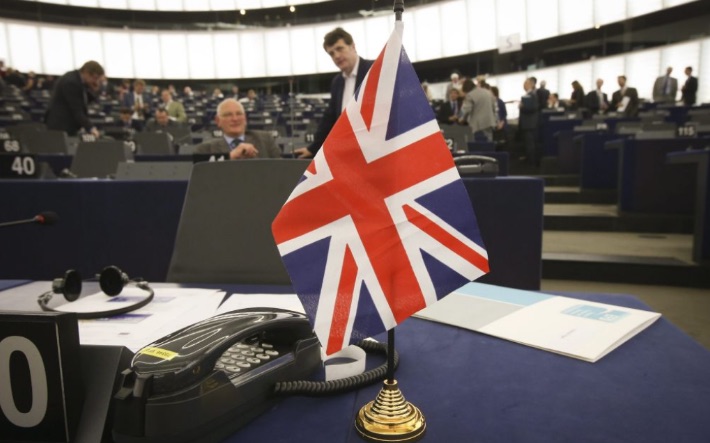If we want to take on the European Union, we have to first understand its nature.
by Catarina Príncipe
The European left faces a dilemma. Syriza’s shift from an anti-austerity party to one that follows European diktats, the unexpected electoral results in Spain, and the Brexit result have forced us to again consider our relationship to the European Union.
Yanis Varoufakis and DiEM25 have one solution: rattle the cage from within the European Union to rally left movements. But their analysis fails to acknowledge the central role that nation-states still play. These states remain centers of capital accumulation and sites of democracy — the political strategy and actors needed to ensure a move away from austerity can only be organized at the local and national level.
Why States Matter
The role of the nation-state in the European Union has been long contested. Many have argued that the creation of a transnational economic bloc meant that nation-states now play an insignificant role organizing the economy.
But this analysis ignores the European Union’s true foundation, which is both national and supranational.
To be sure, the union was designed to establish a transnational capitalist bloc capable of competing on the world market. The euro’s adoption moved further in that direction. However, nation-states — in economic competition with one another — created this bloc to begin with. It is therefore insufficient to focus only on capital’s transnationalization; we must also understand the role national capitals play.
European integration established core-periphery dynamics in which core countries devalue labor to produce and export cheap goods to peripheral markets whose economies are based on importation and non-tradeable goods.
The so-called “German miracle” compressed wages and made labor relations more precarious, allowing, on the one hand, more people to work for less, and, on the other hand, cheaper products to dominate the market. Peripheral countries, in contrast, dismantled their economies’ productive sectors in exchange for easy access to credit .
